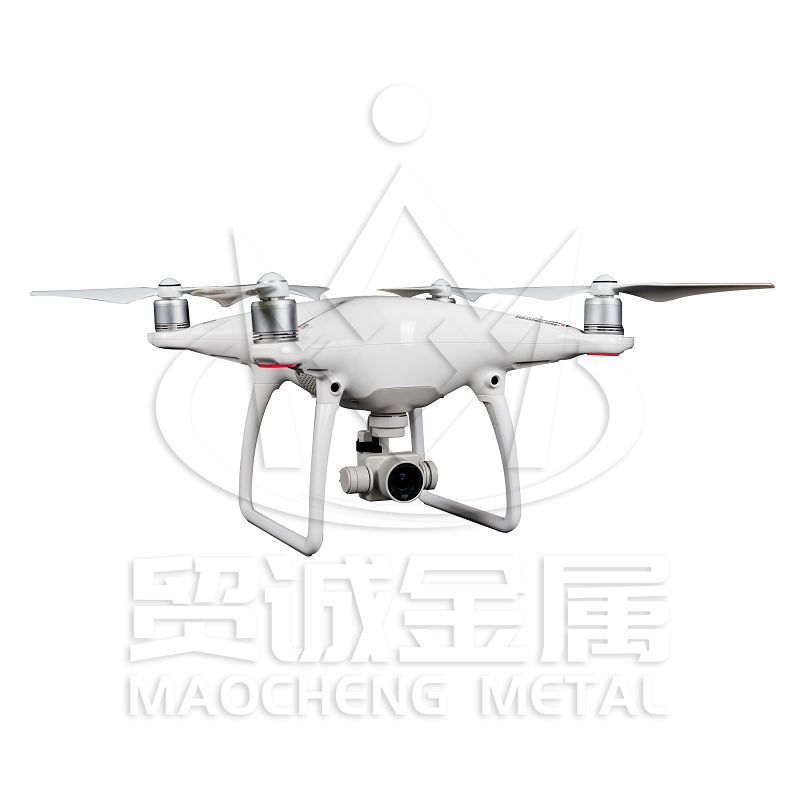How Are CNC Machining Parts Revolutionizing the Manufacturing Industry and Shaping the Future of Precision Engineering?
2025-02-20
In today’s rapidly evolving manufacturing landscape, one technology stands out for its precision, versatility, and ability to meet the demands of modern industries: CNC machining. From automotive to aerospace, medical devices to consumer electronics, CNC (Computer Numerical Control) machining parts are integral to creating complex and high-performance products. But how exactly are CNC machining parts revolutionizing the manufacturing industry, and what makes them so essential for achieving superior precision and efficiency?
What is CNC Machining?
CNC machining is a manufacturing process that uses computer-controlled machines to remove material from a workpiece, creating highly detailed parts. Unlike manual machining, where an operator guides the cutting tools, CNC machines are automated, meaning the process is driven by pre-programmed computer software that directs the machine's movements.
This method is capable of producing highly complex parts with tight tolerances and consistent quality, which is critical for industries that require high precision and durability. CNC machines are used to create a wide range of parts, from small, intricate components to larger, more robust pieces, all with impeccable accuracy.
Precision and Accuracy: The Core of CNC Machining
One of the most significant advantages of CNC machining is its unmatched precision and accuracy. Unlike traditional manual machining, which can be prone to human error, CNC machines follow a set of programmed instructions that guide their movements with millimeter or even micrometer-level precision.
This precision is especially important in industries like aerospace and medical device manufacturing, where the smallest deviations in part measurements can lead to catastrophic failures or safety hazards. Whether it’s producing components for jet engines or surgical instruments, CNC machining ensures that each part meets the exact specifications, leading to better functionality, performance, and reliability.
How Does CNC Machining Improve Efficiency?
CNC machining not only excels in precision but also significantly improves manufacturing efficiency. Since the process is automated, CNC machines can work around the clock, reducing the need for manual intervention and minimizing human error. As a result, the production process becomes faster and more cost-effective.
Additionally, CNC machining parts are highly consistent, meaning the same part can be produced with identical measurements and features every time. This consistency reduces the need for rework or quality control checks, further improving efficiency.
CNC machines can also handle a wide variety of materials, including metals, plastics, ceramics, and composites, which means manufacturers can use them for a diverse range of products, from automotive parts to consumer electronics.
Versatility in Design and Material Selection
One of the key benefits of CNC machining is its versatility. CNC machines can create parts from almost any material, from metals like steel, aluminum, and titanium to plastics and exotic alloys. This makes CNC machining suitable for industries ranging from medical to defense to automotive manufacturing.
Furthermore, CNC machines can accommodate a broad array of design complexities. Whether it’s producing intricate geometries with multiple dimensions, making precise holes, or creating surface textures, CNC machining can handle virtually any design specification. This versatility in design and material selection enables manufacturers to meet diverse customer demands and create parts that are tailored to specific applications.
Why Are CNC Machining Parts Vital in Modern Manufacturing?
In modern manufacturing, CNC machining parts are essential for producing products that meet the highest standards of quality, performance, and efficiency. In industries like aerospace, automotive, and medical devices, the need for precision-engineered parts is non-negotiable, and CNC machining provides the perfect solution.
Moreover, the ability to quickly produce prototypes and transition from design to production has made CNC machining indispensable in rapid prototyping. This is particularly useful for companies developing new products or technologies that require rapid testing and iteration. By using CNC machining, manufacturers can produce prototypes in a fraction of the time it would take using traditional methods, thus accelerating the time-to-market for new products.
The Future of CNC Machining
The future of CNC machining is bright, with ongoing advancements in technology continually pushing the boundaries of what is possible. The integration of artificial intelligence (AI), machine learning, and Industry 4.0 technologies into CNC machining systems is paving the way for even more automated, efficient, and intelligent production processes.
For instance, AI-powered CNC machines can analyze data from the production process to optimize machine settings and improve part quality in real time. Additionally, the growing use of 3D printing and hybrid manufacturing techniques, where CNC machining is combined with additive manufacturing, is opening up new possibilities for creating complex parts that were once thought impossible to manufacture.
The rise of smart factories, where CNC machines are connected to the internet of things (IoT), allows for greater monitoring, diagnostics, and predictive maintenance, reducing downtime and improving overall productivity.
CNC Machining in the Global Supply Chain
As the global supply chain becomes more interconnected, the role of CNC machining in meeting production demands continues to grow. Manufacturers across the world are turning to CNC machining to produce high-quality parts quickly and cost-effectively, ensuring that supply chains remain efficient and responsive to market needs.
CNC machining also plays a crucial role in on-demand manufacturing, allowing businesses to respond more quickly to changes in consumer demand or supply chain disruptions. Whether it’s producing small batches or large quantities, CNC machining provides manufacturers with the flexibility and agility they need to stay competitive in the global market.
Conclusion
CNC machining parts have revolutionized modern manufacturing by offering unparalleled precision, efficiency, and versatility. Whether it’s producing high-performance components for critical industries or creating complex prototypes, CNC machining continues to be a driving force behind innovation in manufacturing.
As technology continues to advance, CNC machining will play an even more integral role in shaping the future of precision engineering, offering manufacturers the tools they need to meet ever-growing demands for quality, speed, and customization. With its unmatched capability to produce complex, high-quality parts with speed and accuracy, CNC machining is set to remain a cornerstone of the manufacturing industry for years to come.



